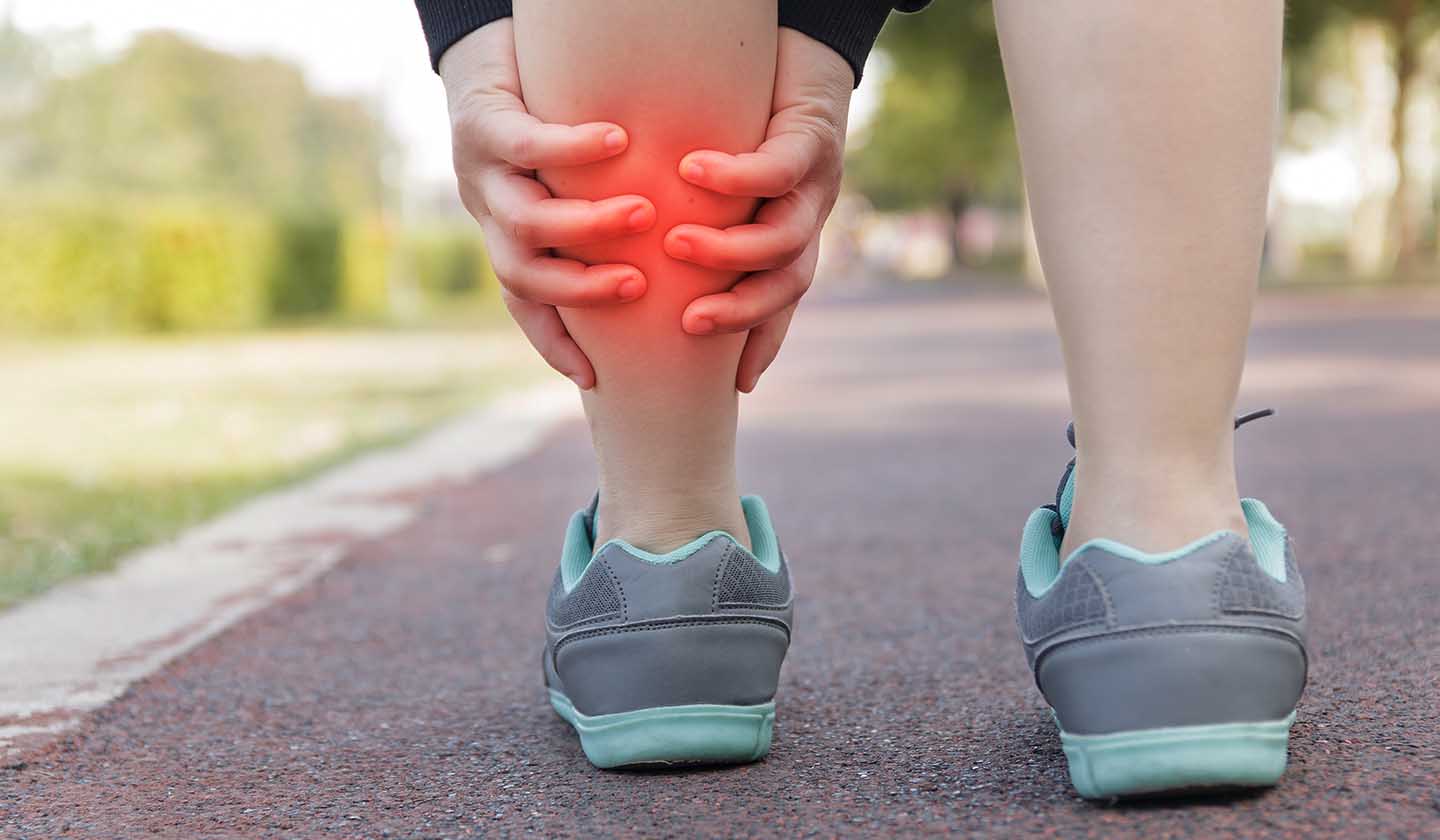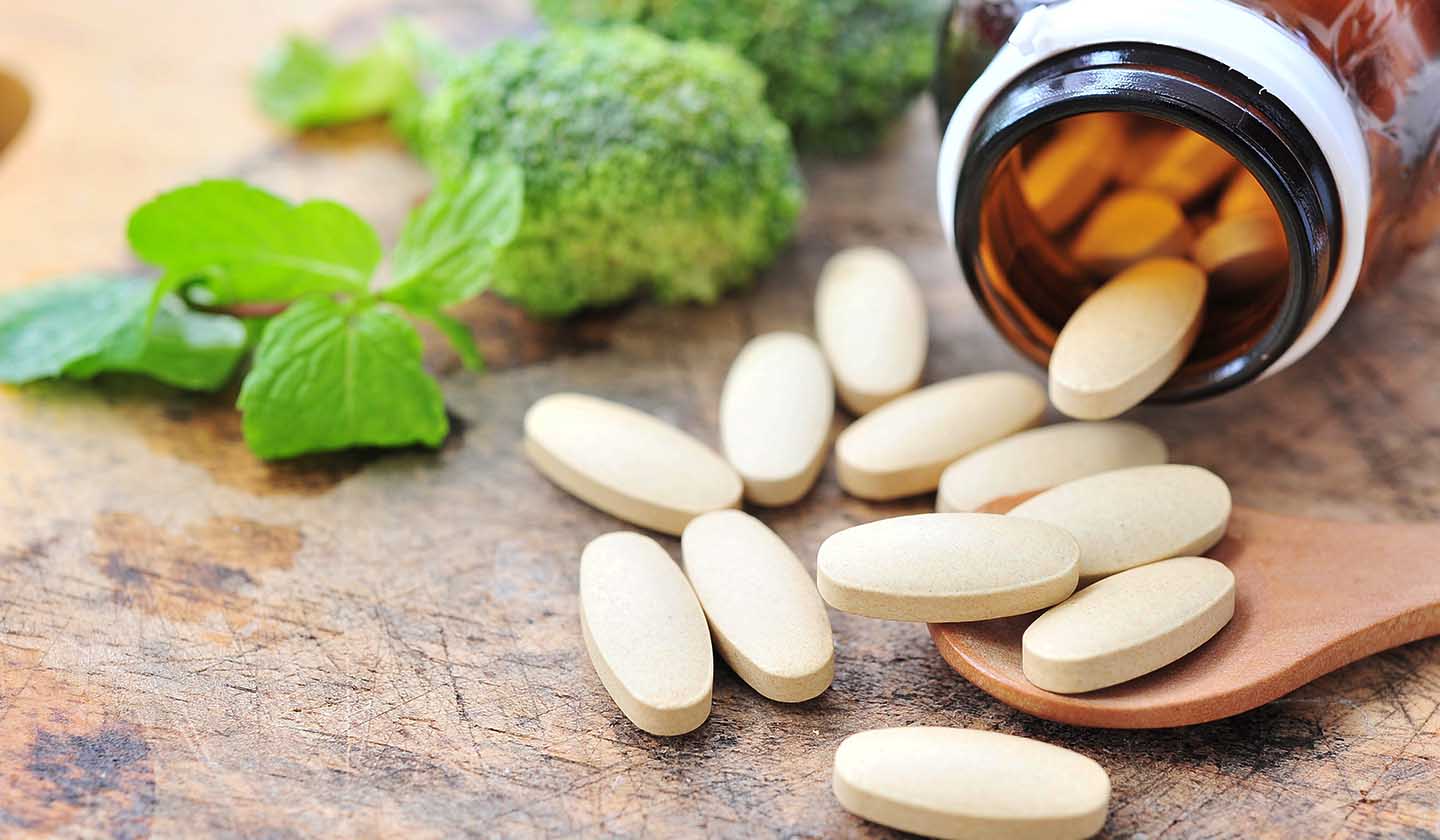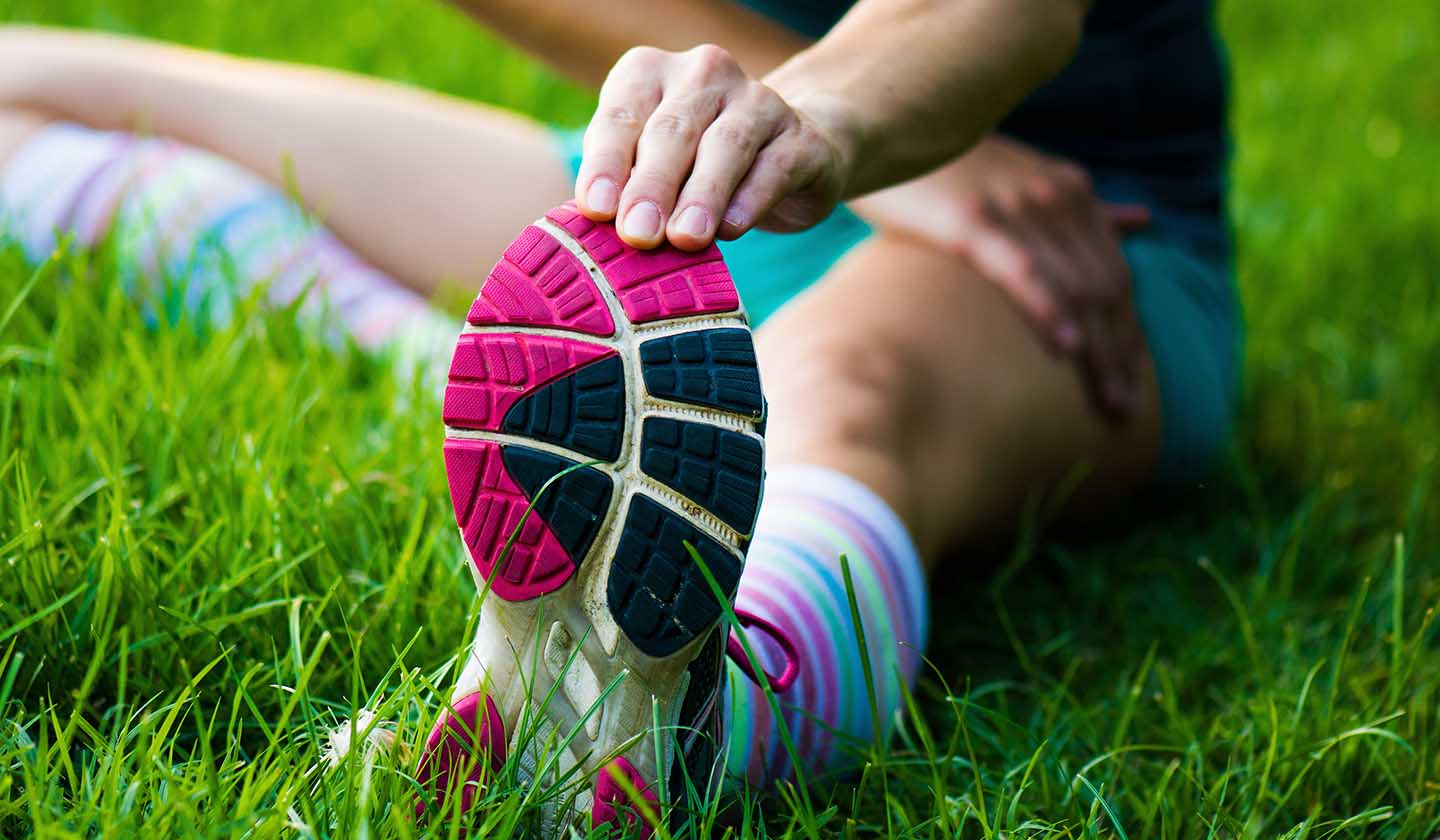Muscles
Wait! I'm getting a cramp

Cramps are involuntary muscle contractions, in an intense, persistent, and painful way, and sometimes they are reversed through forced muscle stretching.
They are commonly associated with those who practice sports, but they can start even when you are sleeping.
The most common sites for cramps to develop are the following:
- Feet
- Hands
- Neck
- Thighs
- Calves
Why do cramps develop?
The cause of cramps is not fully known and may be due to one or more factors combined.
- Muscle effort - due to physical activity or excess load on the muscle
- Dehydration
- Deficit in magnesium, potassium, or sodium
- Diabetes
- Alcoholism
- Neurological diseases
- Medicines - for example diuretics used to control blood pressure and statins used to lower cholesterol levels.

Groups of risk
- Elderly - with age there is a decrease in muscle mass, overloading the muscles. Older people also take more medications, which can lead to cramps and sometimes do not drink the recommended amount of water.
- Pregnant women - due to weight gain during pregnancy, there is a greater pressure on the nerves and blood vessels. Another cause is the fact that they do not drink enough water, so the water in their bodies goes directly to the baby's well-being, thus affecting muscle fibres.
- Sportspeople - athletes are more likely to develop cramps due to muscle fatigue and dehydration.
How to prevent their appearance
Stretches
- Before and after starting your workout, you should stretch your muscles.
- If you usually suffer from cramps during the night, you should also stretch before going to bed.
Intake of foods rich in magnesium, potassium, and calcium
- Sportspeople often eat bananas because they are rich in potassium, calcium, and glucose, which provides energy to muscles. Sweet potatoes are rich in calcium. Avocado, spinach, legumes and arugula are also potassium and magnesium rich foods.
Hydration
- Drink 2 L of water every day. In the case of athletes, they can also choose to drink beverages to help them replenish the electrolytes (sodium, calcium, potassium, and magnesium) lost through sweat.
Food supplementation
- Take supplements rich in magnesium, and complex B vitamins that help fight tiredness and fatigue, while restoring the levels of some vitamins and minerals.

What to do when a cramp occurs?
When a cramp starts, there are measures that can make it disappear
- Stretching and massaging – stretch and gently massage the affected muscle to help it relax.
- Apply heat - place a warm damp towel or heated gel bag on the stiff muscle. You can also apply a hot water jet.
When to seek advice?
- Recurring cramps
- Very painful cramps
- Cramps associated with the appearance of swelling or redness
- Cramps associated with muscle weakness
- Cramps not related to muscle strain
Sources
iSaúde
Farmácia Distribuição Magazine
Também lhe poderá interessar
Muscles
And suddenly the muscles hurt so much that you can't even move
Bones and joints






